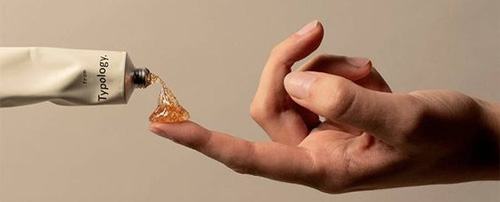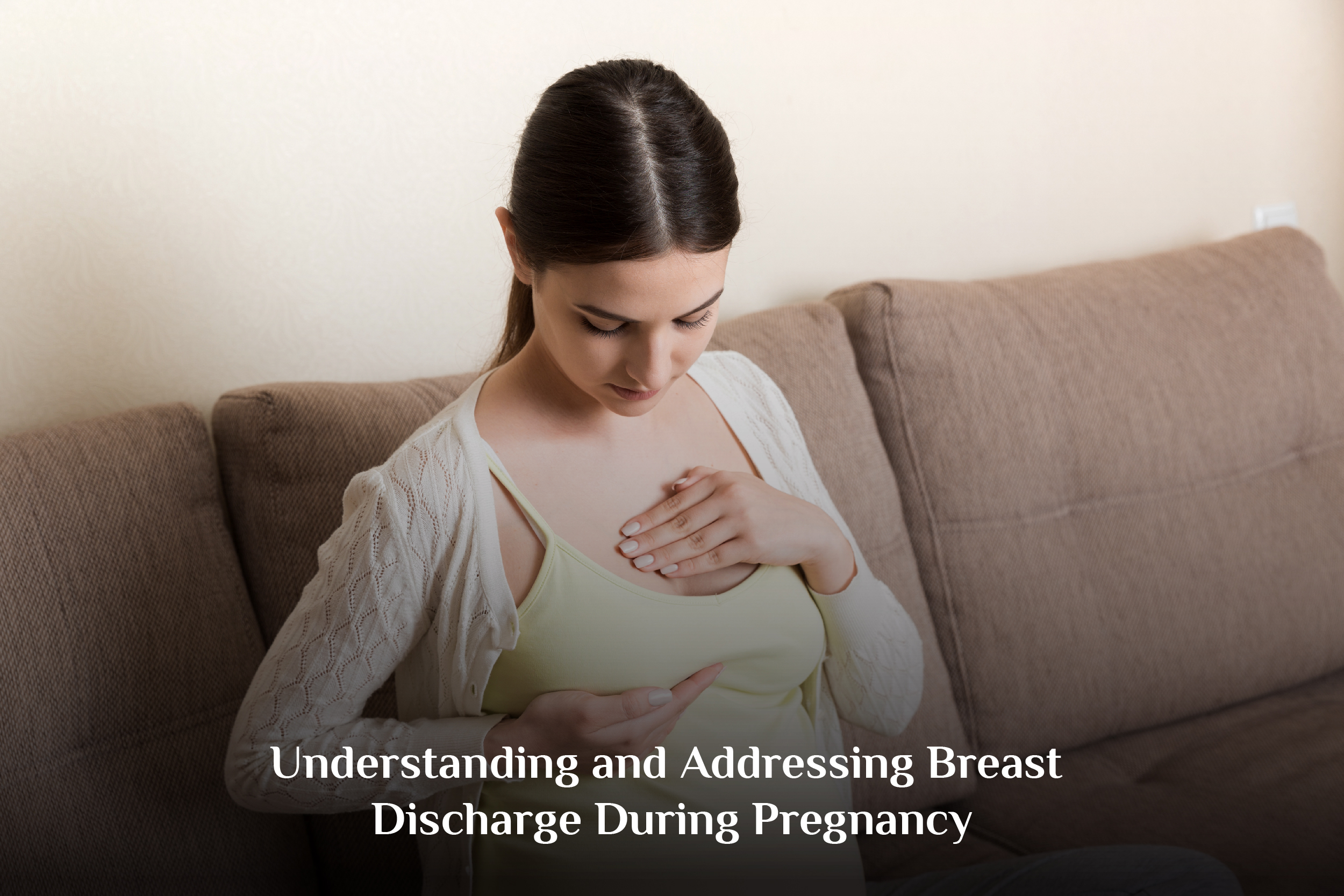Pregnancy is a journey that brings about numerous changes in a woman’s body, including hormonal fluctuations, skin tags, acne, congestion, hair growth, and other physical transformations. The body undergoes many unexpected changes, and one common experience for pregnant women is breast leaking or discharge. Though it’s not often talked about, it’s more common than you might think. While it may be surprising, having leaky breasts during pregnancy is normal. In this blog, we will explore the reasons behind breast leaking, when milk starts leaking during pregnancy, and what to expect during this period of motherhood.
Understanding Breast Leakage
Breast leaking is medically known as lactation or colostrum leaking.
The signs that milk is coming in during pregnancy include the discharge of a yellowish or whitish fluid from the nipples, known as colostrum. Many women often wonder when they will start leaking colostrum. Colostrum is the precursor to breast milk and is packed with essential nutrients and antibodies that support a newborn’s immune system. Although breast leakage during pregnancy might seem unusual, it is a positive indication that your body is preparing for breastfeeding.
What is Colostrum?
Colostrum is the first form of milk mammary glands produce after giving birth. It is a thick, yellowish fluid rich in proteins, vitamins, and antibodies. Colostrum is essential for newborns as it provides vital nutrients and helps build their immune system, protecting them from infections and diseases. This nutrient-dense substance is produced in small quantities but is highly concentrated, making it perfect for the initial feedings of a newborn. Here are a few distinctive features of colostrum:
- Protein content: Colostrum is richer in protein and contains less fat and carbohydrates than mature milk.
- Infection protection: Colostrum is high in secretory IgA, which helps protect your baby from infections.
- Gut health support: Colostrum safeguards your baby’s gut and promotes the development of a healthy microbiome.
Causes of Breast Leakage
- Hormonal Changes: Pregnancy induces significant hormonal changes in a woman’s body, particularly increasing the levels of prolactin and oxytocin. Prolactin stimulates the production of milk, while oxytocin triggers the milk letdown. These hormonal shifts can cause breast leakage.
- Breast Tissue Expansion: During pregnancy, breast tissue expands to prepare for breastfeeding. This growth and the development of mammary glands can increase blood flow and colostrum production, resulting in leaking breasts.
Managing Breast Leakage
- Breast Pads: To avoid any discomfort from breast leakage, consider using breast or nursing pads inside your bra. These absorbent pads will help absorb any leaking colostrum, keeping you dry and comfortable.
- Nursing Bras: It’s beneficial to invest in well-fitting nursing bras that offer ample support and can adjust to changes in breast size during pregnancy. Bras with removable pads can provide additional protection against breast leakage.
- Communication with Healthcare Provider: If you notice significant or sudden changes in breast leakage or have any concerns about your milk production, it’s important to discuss these with your healthcare provider. They can offer guidance, address any potential issues, and provide recommendations for managing breast leakage effectively.
Can breast leaking during pregnancy be prevented or stopped?
While it’s generally not recommended to stop or prevent breast leaking during pregnancy, as it’s a natural and essential process for preparing your body for breastfeeding, some women may find it uncomfortable or inconvenient. Managing breast leakage can be achieved by using breast or nursing pads to absorb the leakage. It’s important to avoid excessive stimulation of the breasts or nipples, as this may lead to increased leakage. If you have concerns about excessive leakage or related issues, consulting your healthcare provider for personalized advice is advisable.
Conclusion
Now that we understand breast leakage during pregnancy is normal, there’s no need for undue concern. It’s a natural part of the body’s preparation for breastfeeding. Knowing the causes and how to manage leaky breasts can help ease any anxiety or discomfort associated with this phenomenon. If you notice any concerning signs related to leakage or have questions about breastfeeding, it’s important to consult your healthcare provider for personalized guidance and support. Embrace this journey and the incredible transformations your body is undergoing as you prepare for the wonderful gift of motherhood.


